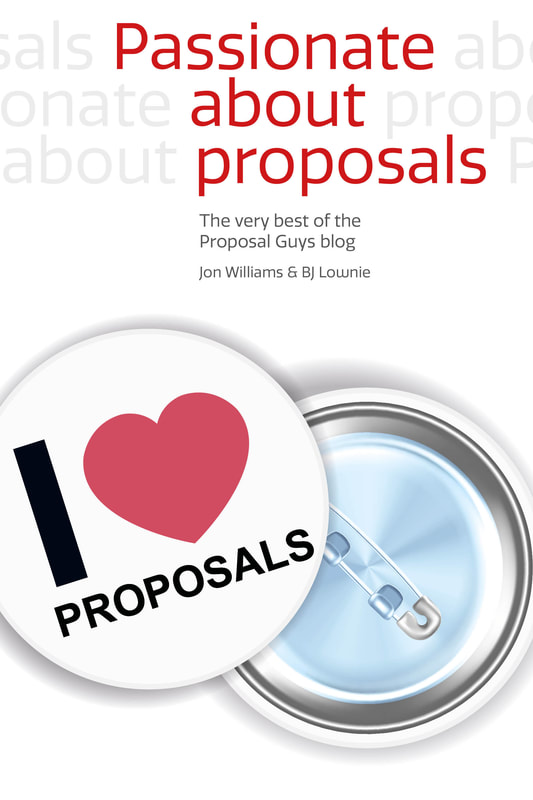My tastes might be described as eclectic. A recent long flight saw me hiding away in my headphones listening to a real mix of things I'd downloaded recently. The new Arctic Monkeys album. A couple of artists I'd read about and loved - world music from Bombino, electronica from Jon Hopkins, and a smattering of classical work I'd not previously heard by Gabriel Faure (whose Requiem is one of the most amazing things I know).
And then I went back to some older stuff. Editors' most recent album, from last year, lasted a few tracks before I swapped over to their masterpiece, "In This Light And On This Evening" - track after track of pure brilliance. That led me to Beirut's "The Rip Tide", and onto Latvian band Brainstorm's "Among the Suns" (from ). And then I moved onto the award-winning score of King Charles III, very probably (and this really is saying something) the best new play I've seen in London so far this decade.
But on the way through my latest downloads, I did find a few new things that didn't detain me for very long at all. That first chord that didn't chime, for me. That lyric that seemed too contrived. That highly recommended artist, whose stuff just wasn't to my taste. That band I've tried over the years, loved by friends, who somehow simply don't work for me.
The relevance to proposals? The desire of evaluators to hear something new, especially from folks who've come highly recommended. The way they'll take quick decisions: does your document resonate - or jar with them - from the very start? Does it create an emotional bond?
The suppliers you'll keep inviting back, but who are never going to win. The old favourites, whose new proposals you'll always approach in a positive disposition.
How would your next proposal fare on Spotify? Would it even make the evaluators' playlist?
And will it be so good they'll be talking about it in years to come?



 RSS Feed
RSS Feed
